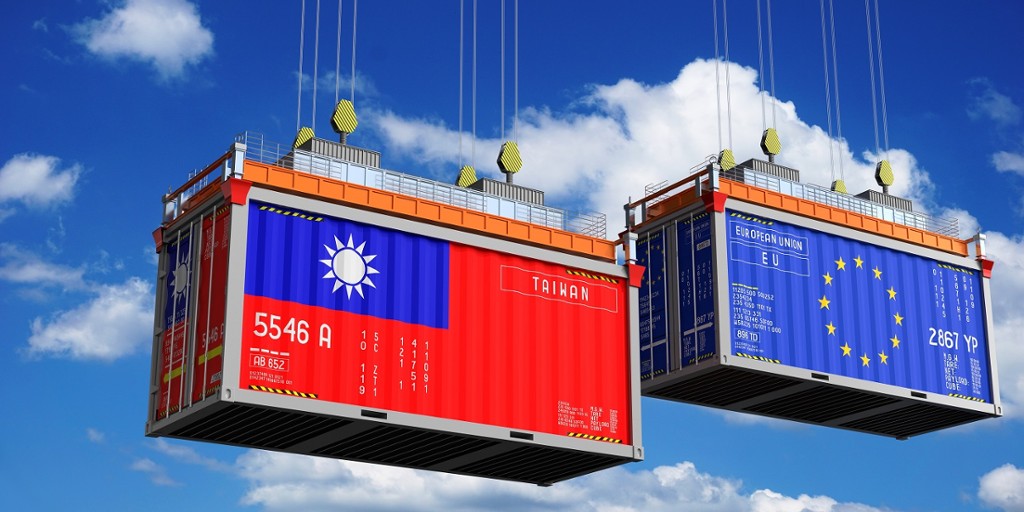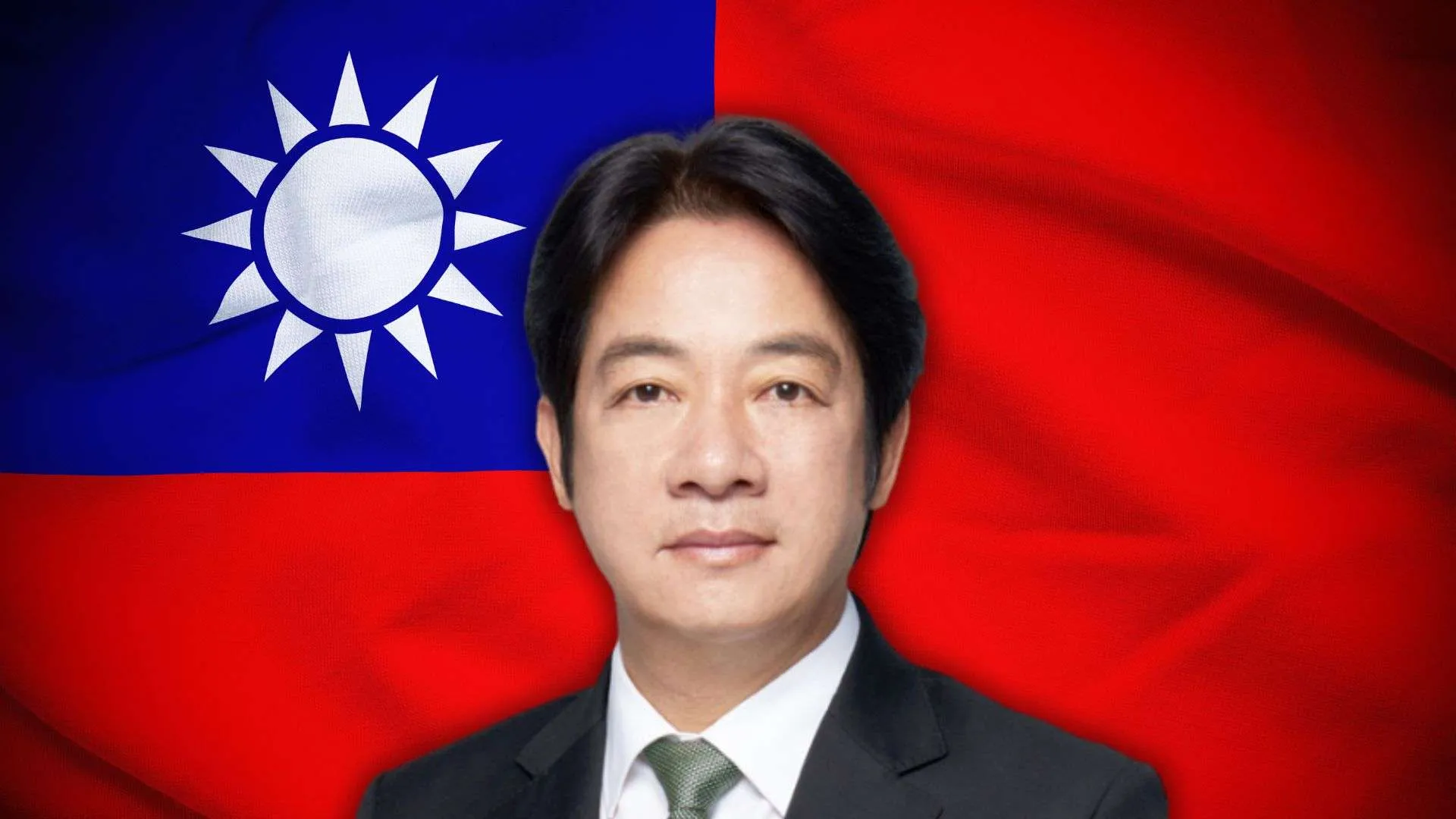Francis Tuschek, Kaohsiung, Taiwan
President William Lai has reaffirmed Taiwan’s unwavering commitment to peace, stating that it cannot be achieved through a single agreement. During a ceremony in Kaohsiung yesterday, Lai underscored that defending the Republic of China (ROC) begins with safeguarding Taiwan itself, emphasizing that the ROC’s existence is intrinsically linked to Taiwan’s sovereignty.
In his speech, Lai paid tribute to victims of Taiwan’s authoritarian past by presenting certificates of exoneration to those persecuted during the period of martial law under the Chinese Nationalist Party (KMT). This historical injustice, he explained, lasted for 38 years, beginning on May 20, 1949, a dark chapter in Taiwan’s history when the state apparatus systematically violated human rights—persecuting, imprisoning, or killing innocent citizens.
“Taiwan is fortunate to have transitioned into a democratic society,” Lai said, highlighting Taiwan’s evolution into a beacon of democracy in Asia, with its 23 million residents standing as a testament to the nation’s pursuit of freedom and democratic values.
Lai emphasized the importance of remembering the past while advocating for ongoing efforts to restore dignity for victims of oppression. “In the future, certificates of restored honor must continue to be issued to those affected, ensuring such tragedies never occur again in Taiwan,” he asserted.
As the commander-in-chief of Taiwan’s armed forces, Lai reaffirmed his responsibility to protect the nation and its people. Despite differences in national identity, he reiterated a core principle: “The ROC can only exist if Taiwan exists,” underscoring the importance of sovereignty and self-determination.
Lai reaffirmed Taiwan’s dedication to maintaining a democratic and free constitutional system and clarified that the ROC and the People’s Republic of China are not subordinate to each other. “Taiwan must use democracy as its compass, and peace as its beacon,” he declared.
However, Lai cautioned against misplaced illusions regarding peace prospects. “Peace cannot be achieved through a single agreement,” he warned. Referring to China’s so-called “1992 consensus”—a tacit understanding that both sides recognize “one China” but with different interpretations—Lai dismissed such notions as false pathways to peace. “Believing that signing a peace agreement will bring peace is wishful thinking,” he said.
Lai stressed that genuine peace must be rooted in strength. “Only through bolstering our national defense and enhancing our defensive capabilities,” he argued, can Taiwan achieve true peace—built on deterrence to prevent war and preparedness to avoid conflict.
This stance reflects Taiwan’s ongoing commitment to sovereignty, democracy, and security in the face of regional tensions, reaffirming that stability and peace are pursuits grounded in resilience and sovereignty.



